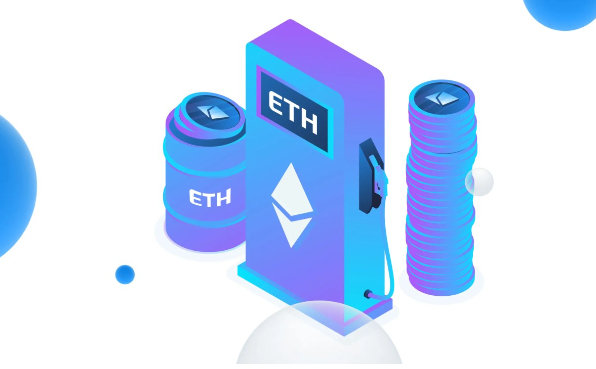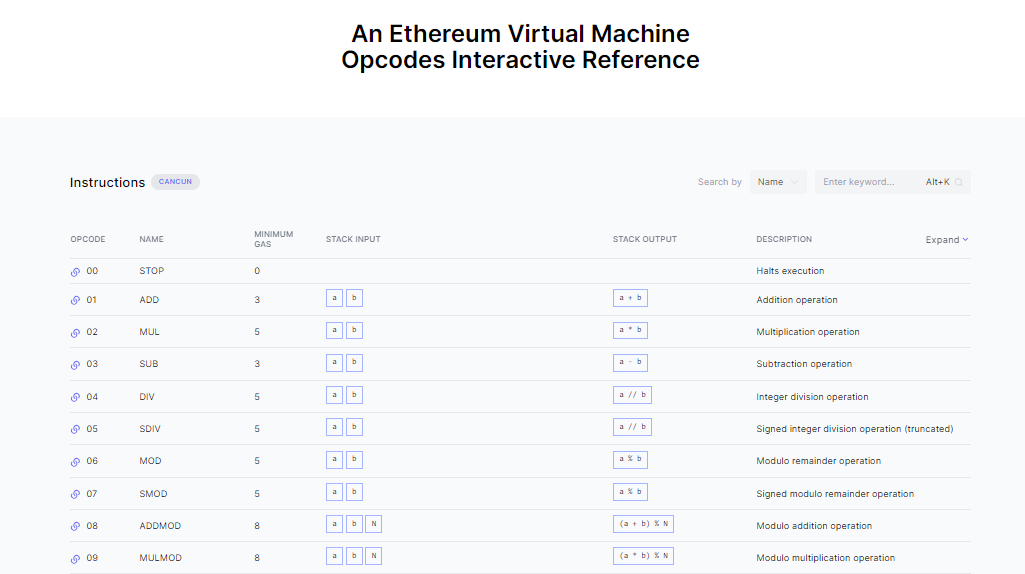This session aimed to equip participants with a comprehensive understanding of smart contract design, optimization, and security.
The session was structured to cover essential topics including the basics of a professional Solidity codebase, building and testing smart contracts using Foundry, an in-depth look at the Ethereum Virtual Machine (EVM) and opcodes, gas optimization techniques, and crucial smart contract security practices.
Best Practices to Follow
During the session, several best practices for smart contract development were highlighted. These included:
** Readable and Clear Code**: Writing code that is easy to read and understand is fundamental. This involves using consistent naming conventions and comments to explain the logic.

Optimization for Low Gas Consumption: Efficient gas usage was emphasized, which involves minimizing storage operations, using fixed-size variables, and avoiding redundant logic.

High Security: Ensuring the smart contract is secure against vulnerabilities such as re-entrancy attacks and improper access controls. Using tools like OpenZeppelin's library and following established security patterns are recommended.
Necessity of Smart Contract Security
Security in smart contract development is paramount due to the immutable nature of blockchain transactions. Once deployed, smart contracts cannot be altered, making it critical to ensure they are free from vulnerabilities. Measures to enhance security include:
-
Following Best Practices: Using secure coding practices, such as the Checks-Effects-Interactions (CEI) pattern, and performing input validation.
-
Extensive Testing: Utilizing testing frameworks like Foundry to write comprehensive tests that cover all possible scenarios and edge cases.
-
Regular Audits: Conducting regular security audits using both automated tools and manual code reviews to identify and fix vulnerabilities.

Gas Optimization Techniques
Optimizing gas usage is crucial for making smart contracts efficient and cost-effective. Techniques discussed in the session include:
-
Minimizing Storage Reads/Writes: Storage operations are costly, so minimizing their use can significantly reduce gas consumption.
-
Efficient Loop Design: Designing loops to run fewer iterations and using fixed-size variables can help optimize gas usage.
-
Short-Circuit Evaluation: Arranging conditional blocks to leverage short-circuit evaluation can reduce unnecessary computations.
-
Using Mappings Over Arrays: Mappings are generally more gas-efficient than arrays for certain operations.
Importance of Opcodes for Gas Optimization in Ethereum:
-
Understanding opcodes, the basic operation codes of the Ethereum Virtual Machine (EVM), allows developers to choose efficient operations for tasks in smart contracts.
-
Optimizing code reduces gas consumption, saving costs, and improving user experience.
-
Lower gas consumption reduces network congestion and improves scalability.

Tools to Test Smart Contracts
Several tools were introduced to test smart contracts effectively, ensuring their functionality and security. Key tools include:
-
Foundry: A comprehensive testing framework that supports unit testing, fuzz testing, and property-based testing. It provides utilities for setting up test environments and writing assertive test cases.
-
Slither: A static analysis tool for smart contracts that can detect potential vulnerabilities and provide detailed reports.
-
Mythril: A security analysis tool that can detect common vulnerabilities and provide insights into potential attack vectors.
-
Seal 911: is a project designed to give users, developers, and even other security researchers an accessible method to contact a small group of highly trusted security researchers.




评论 (0)